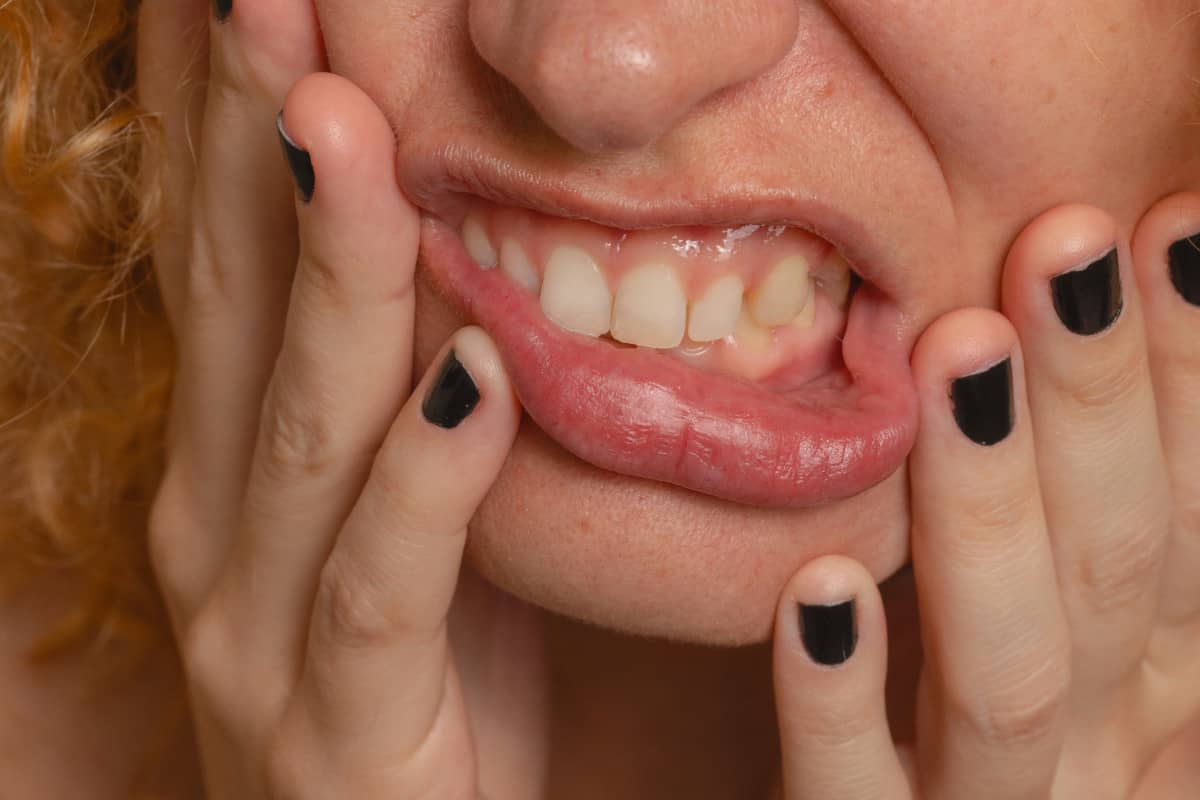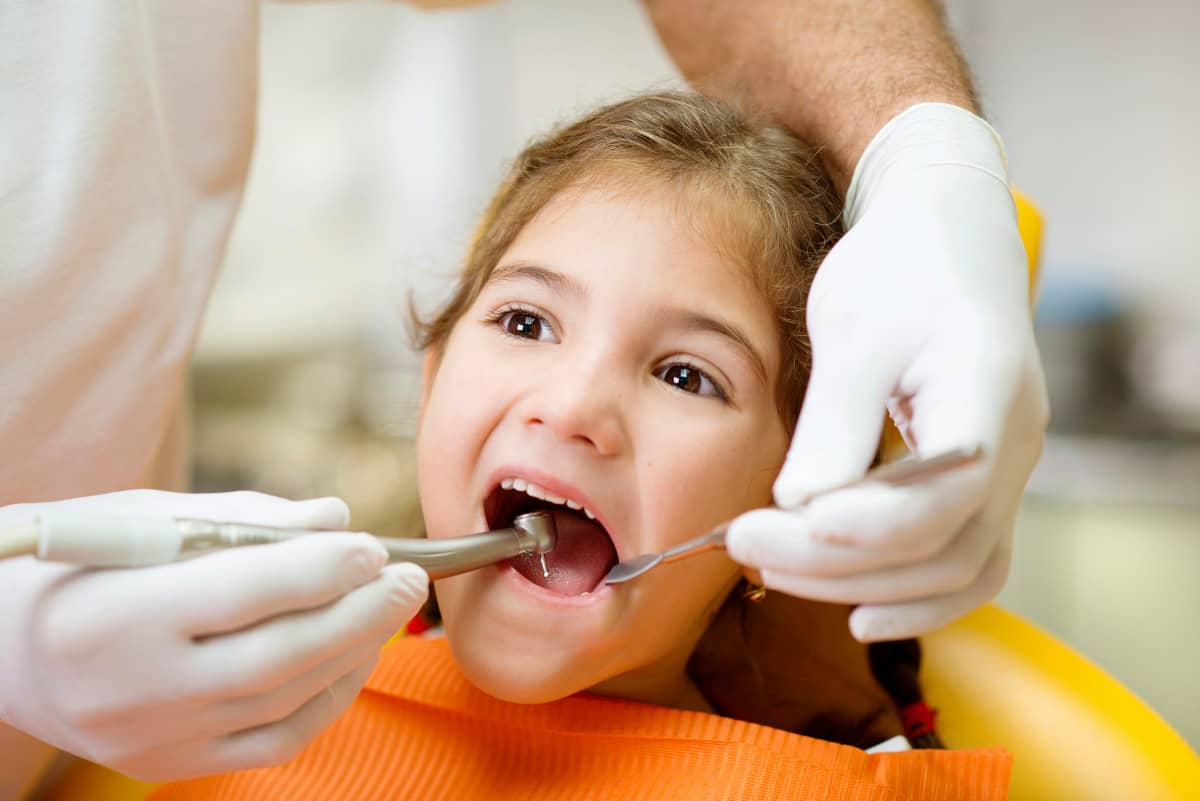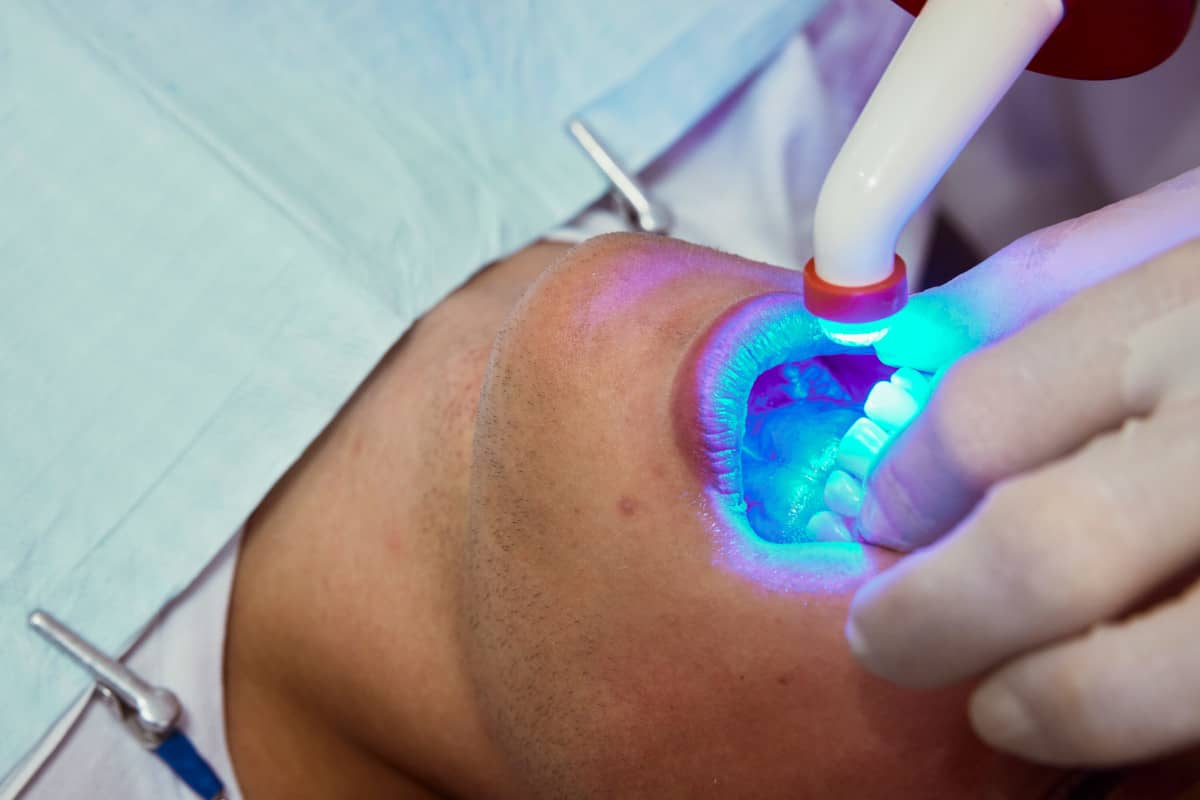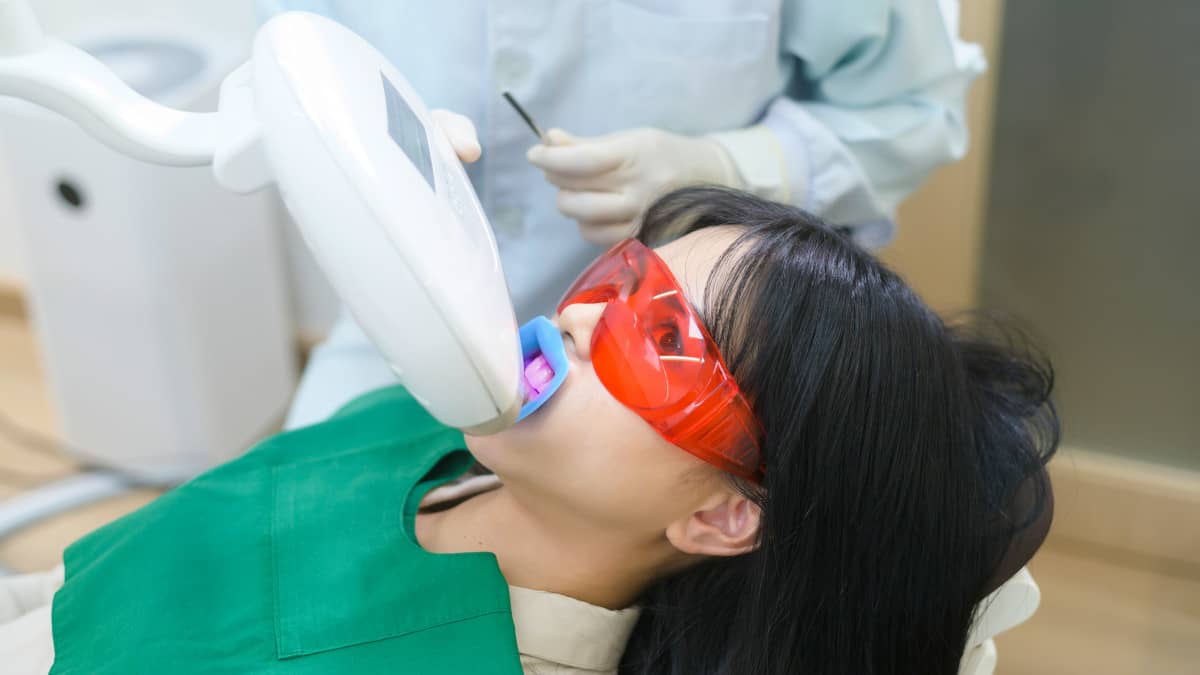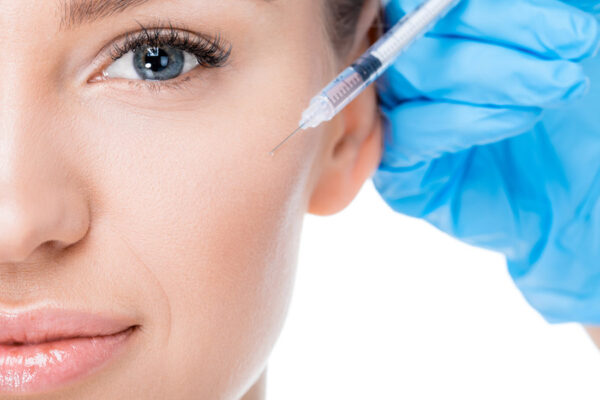
Clinicas Udemax clears up myths about Botox
1. Allergy to Botox
No case of severe allergy to botulinum toxin used for cosmetic purposes has been scientifically described. It can trigger an immune response, but this is usually in the form of antibodies that can render the treatment ineffective, without constituting a threat to health. However, the frequency with which patients develop antibodies in sufficient quantity to render the treatment ineffective is very low.
2. Excess Botox
Provided that the technique is appropriate, carried out in such a way that it is adjusted to the needs of each patient, what we seek with Botox is to soften the gesture. In this way we manage to relax those areas where the muscles are more hyperactive and consequently produce wrinkles in the skin, without taking away their function.
3. Will I need more and more Botox?
The effect is not only maintained with repeated treatments, but can even be spaced out over time. This is because, as wrinkles fade, it may be possible to maintain the effect on an already less active muscle with less frequent application.
4. Botox and depression
Botulinum toxin has a positive influence on mood.
By relaxing facial muscles that express sadness or worry, it has a positive effect on mood, particularly in patients with depression, by sending feedback to the brain that tells it that we are not so worried, based on the contracted state of these muscles.
5. Botox and eyelid drooping
Finally, it is important to note that having had a complication known as eyelid drooping, or eyelid ptosis, is in no way a contraindication for future treatments. The technique and doses applied should be reviewed.
If you want to achieve a natural result when applying Botox and minimise any possible side effects, come to Clinicas Udemax.

